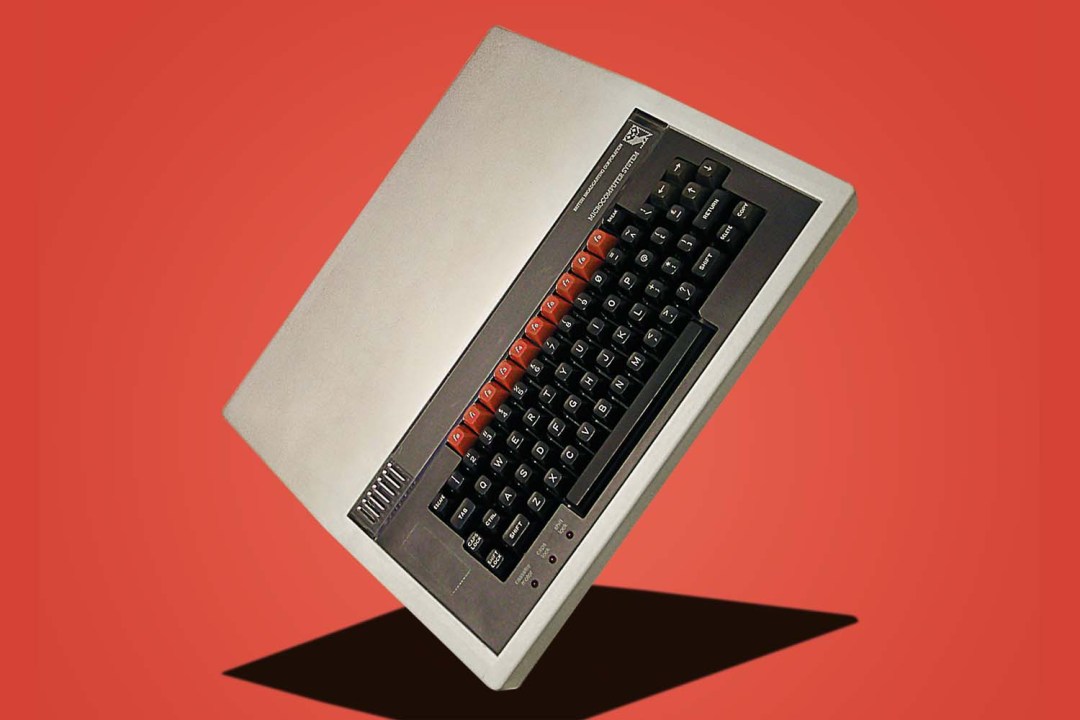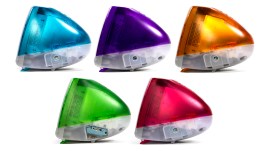The BBC Micro is 40 years old – here’s why it mattered
An old computer with an incredible legacy

There really was bafflement when BBC Micros arrived in British schools during the early 1980s – sparking interest in a few kids who would go on to be rich engineers, while the rest of us lurked in the hope of a break time go on a Pac-Man knock-off called Snapper. But its intentions were ambitious: introducing computing to the masses. The BBC wanted to show off computers on the telly, and UK computer maker Acorn obliged by tweaking its Proton prototype and taking the UK by storm.
The BBC Micro was an extender: the cheaper Model A could be upgraded to a Model B. And as late as the 2000s, people were transforming Beebs into 32-bit RISC machines.
By storm? I was there in the 1980s and only one friend had a Beeb. We pitied him.
But there’s no doubting it was a big success. The BBC’s initial order was for 12,000, but well over a million were eventually sold. Granted, the UK government heavily subsidised those sold to schools, but the machine’s blend of geekery, solid specs and accessibility won over coders and parents alike. That said, it did get tarred with the ‘education’ brush: you had to feel sorry for kids stuck with one at home, starved of the fantastic 8-bit games their friends got to play on the ZX Spectrum and Commodore 64.
Don’t feel sorry for them – they probably own the company you work for now.
Fair point. And it’s hard to feel sorry for the machine itself. Sure, it was overshadowed by other micros – and still is today. But its true legacy was urging a nation to make things rather than solely consuming. That echoes down the ages to the present, from those BBC Micros still powering experimental electronics (Acorn took that ‘built to last’ thing seriously) to its spiritual successor, the BBC Micro:bit, which wants to mimic the original Beeb and transform today’s kids into the next generation of creative supergeeks.
And, of course, there’s the small legacy of the BBC Micro starting Acorn off on the trail of creating the ARM (Acorn RISC Machine, later Advanced RISC Machine) microarchitecture in 1984-5, which led Acorn to work with Apple and VSLI on the technology (and produce Archimedes and Acorn-branded RISC OS machines itself).
Acorn spun off ARM in 1990. Now, as you probably know, Cambridge-based ARM became rather successful (that’s an understatement). Over 200 billion chips featuring its designs have been produced to date.
ARM-based chips are manufactured under license by huge numbers of companies including Qualcomm, Samsung, Apple, Intel and Amazon and the tech is inside your phone, tablet and many laptops. From little Acorns…



